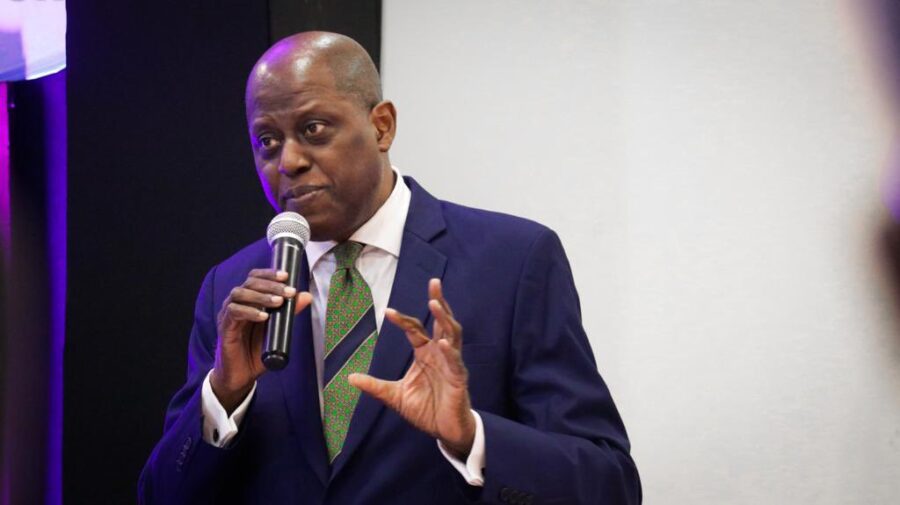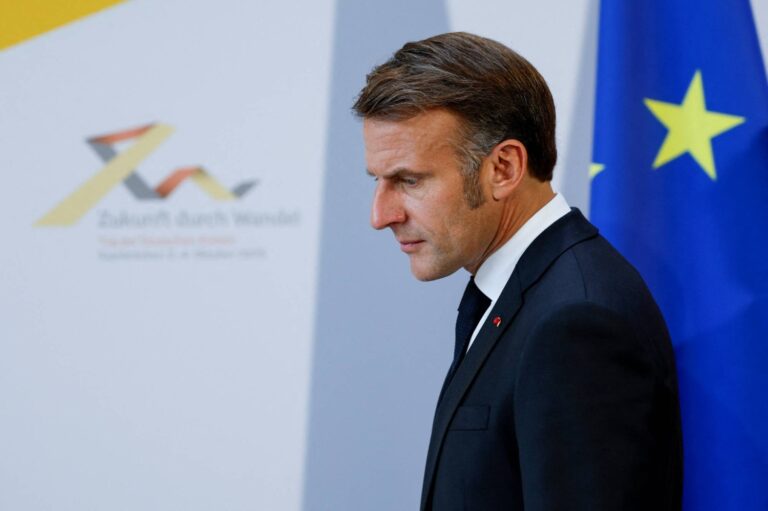
Central Bank Governor Yemi Cardoso is taking another step toward economic relief, as financial experts predict a 25 basis point cut in interest rates. According to economist Bismarck Rewane, the upcoming Monetary Policy Committee (MPC) meeting may lead to this anticipated reduction. If this happens, it would mark a shift in the Central Bank’s recent policy direction and offer relief to borrowers.
Cardoso set to ease lending through a more flexible monetary stance that responds to both local realities and global financial conditions. Nigeria’s high interest rates have placed pressure on businesses, and many stakeholders believe that lowering the rate can support productivity. A cut would reduce borrowing costs for individuals and firms and improve liquidity across key sectors.
Rewane explained that the Central Bank may reduce the Monetary Policy Rate (MPR) by 25 basis points, moving from 26.25% to 26.00%. This is expected to stimulate economic activities and reduce the financial burden on businesses. He believes that the policy shift would be gradual and carefully implemented to avoid negative effects on inflation and currency stability.
Cardoso set to ease lending with caution and strategic focus. He has made it clear that the Central Bank’s primary goal is macroeconomic stability. Under his leadership, the CBN has used policy tools to contain inflation and protect the naira. This possible rate cut reflects his belief in balancing growth with control.
The upcoming MPC meeting is crucial. Analysts, traders, and investors are watching closely. Nigeria’s inflation rate remains high, but recent trends suggest a gradual slowdown. Rewane believes that a slight rate cut will not hurt inflation control efforts, especially if combined with fiscal reforms and improved food supply.
Cardoso has also worked to unify exchange rates and improve transparency in the foreign exchange market. These reforms have improved confidence in Nigeria’s financial system. With inflation appearing to ease, experts now see room for a rate adjustment to support credit growth and economic expansion.
The CBN under Cardoso has shown commitment to data-driven decisions. His policies are backed by research and regular engagement with stakeholders. The CBN has made progress in stabilizing the naira and attracting foreign investment. A controlled rate cut would align with these goals while providing breathing room for domestic businesses.
Business owners, especially in agriculture, manufacturing, and services, have long complained about high lending rates. Lowering the rate would make credit more affordable and encourage more investment. It would also allow banks to offer better loan terms and expand access to finance.
Rewane emphasized that while the cut may appear small, it signals a policy shift. It tells the market that the CBN is now open to growth-supportive policies. He added that a moderate approach is necessary and that the CBN is likely to proceed with caution to avoid financial shocks.
Cardoso’s leadership has been defined by balance, responsibility, and reform. This next step, if confirmed by the MPC, will further highlight his commitment to inclusive economic growth. Many Nigerians are hoping that this policy adjustment, alongside other measures, will create better conditions for employment, investment, and long-term stability.

